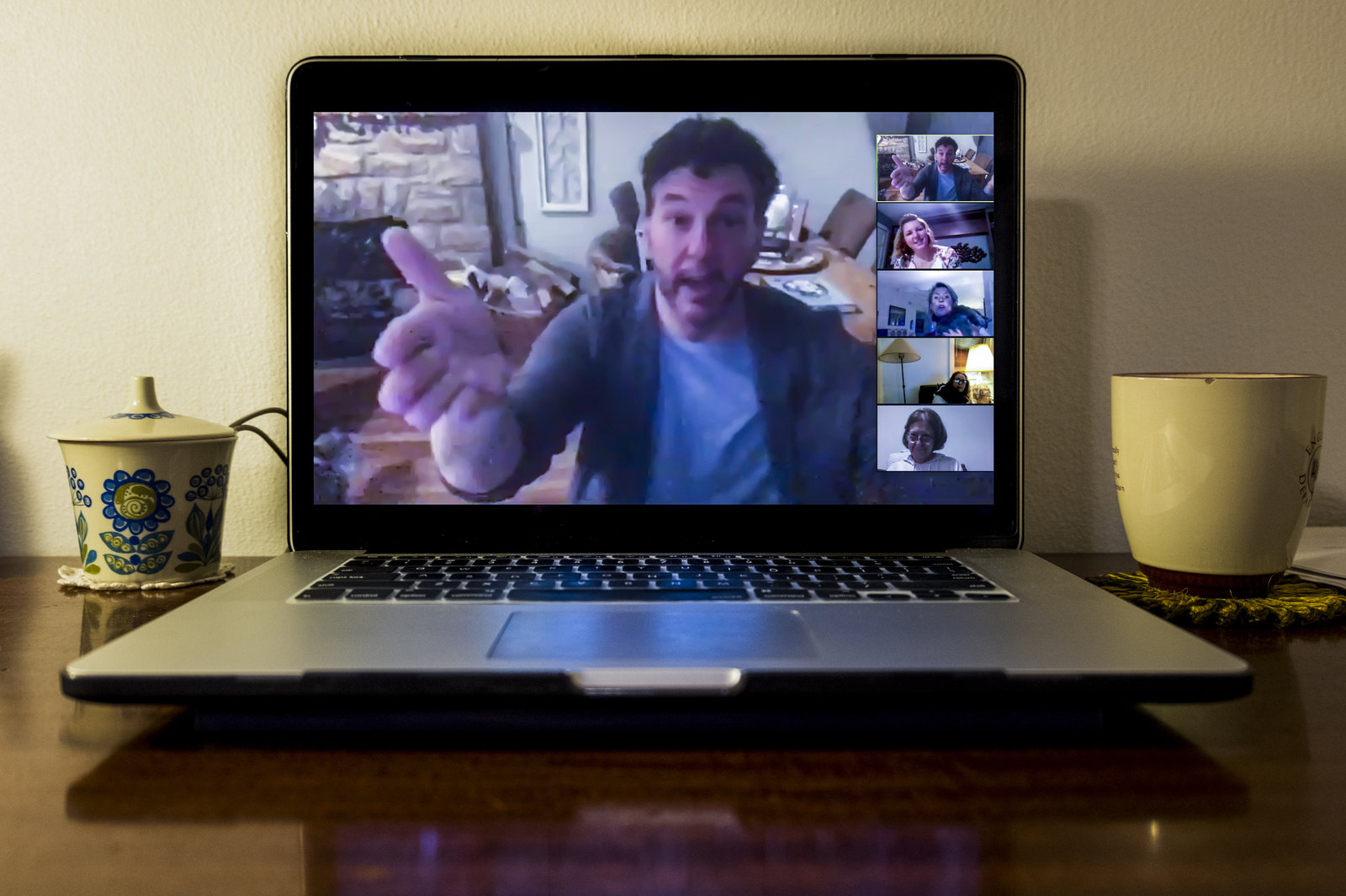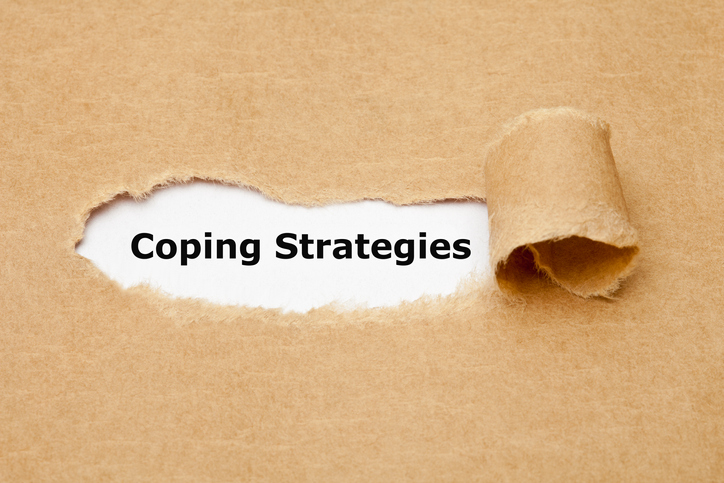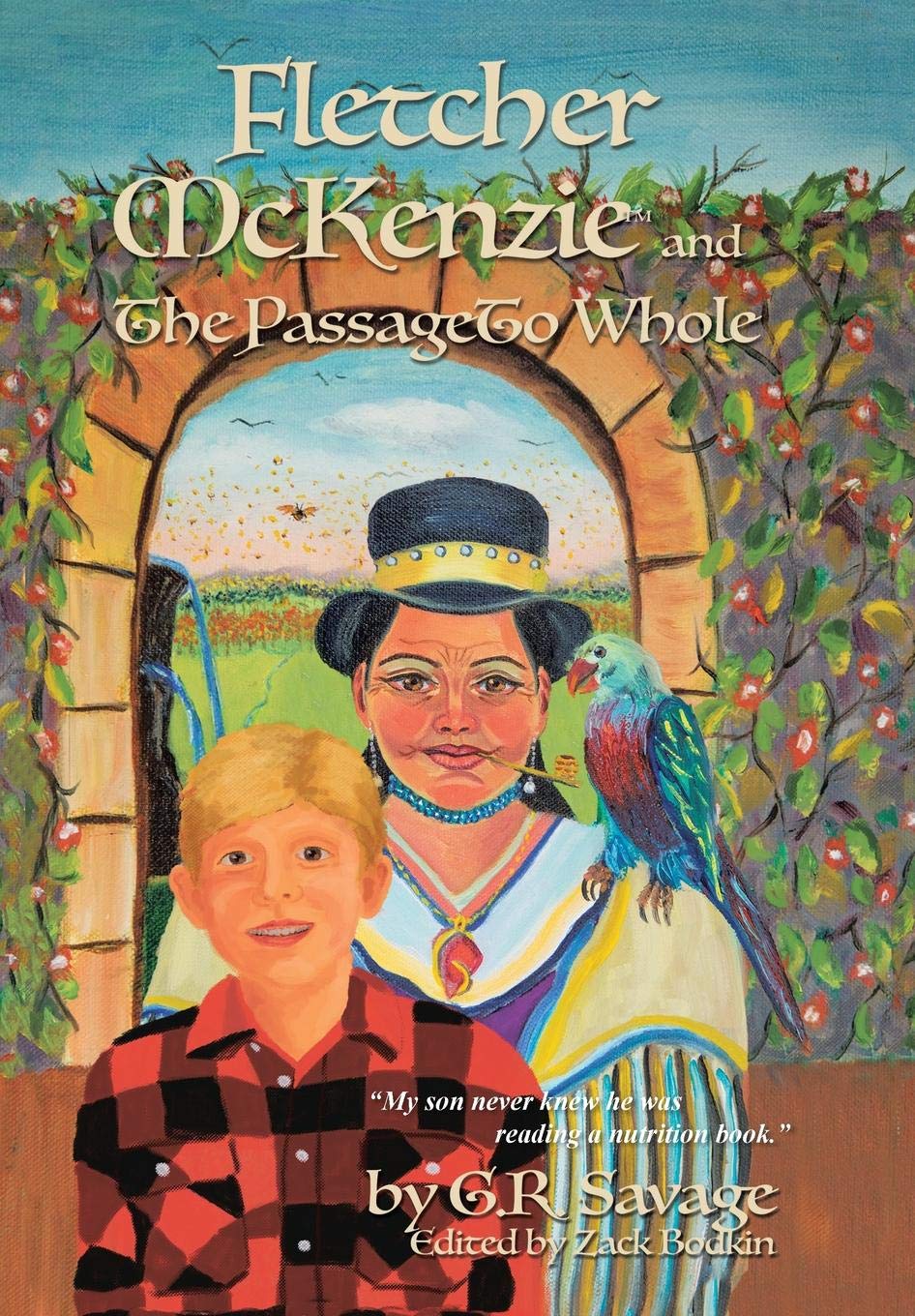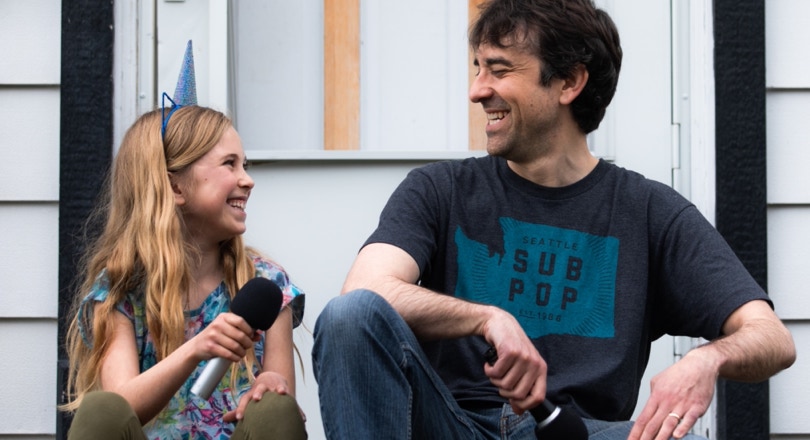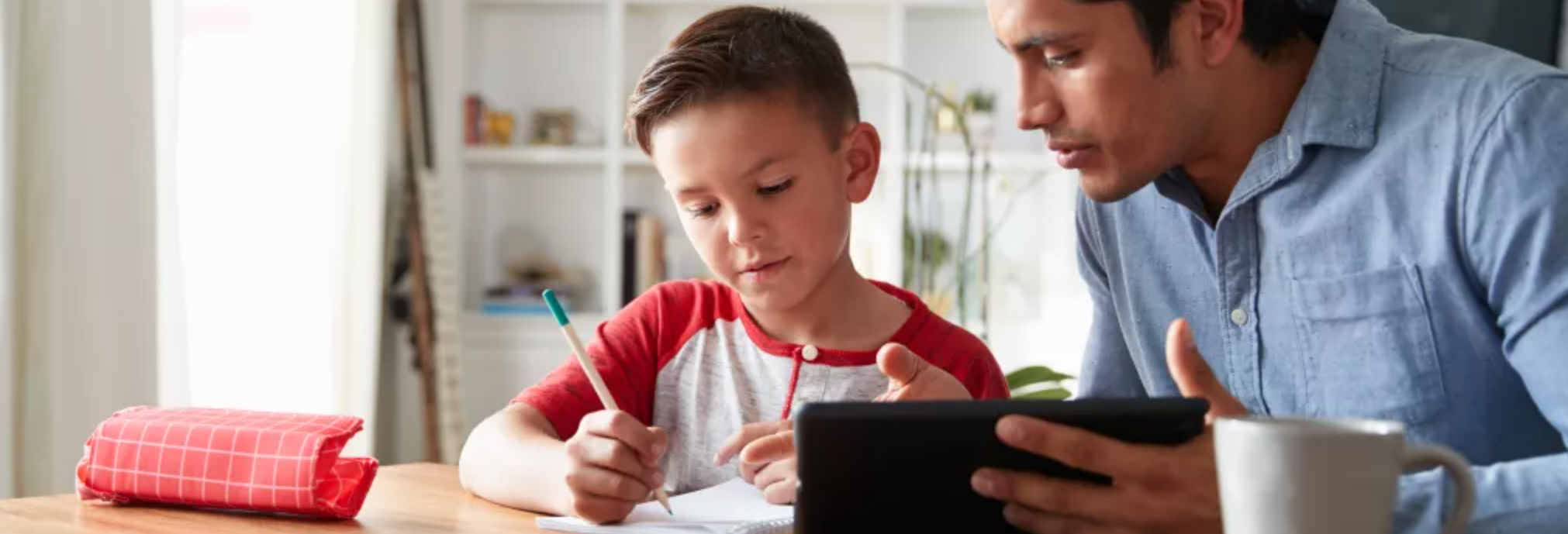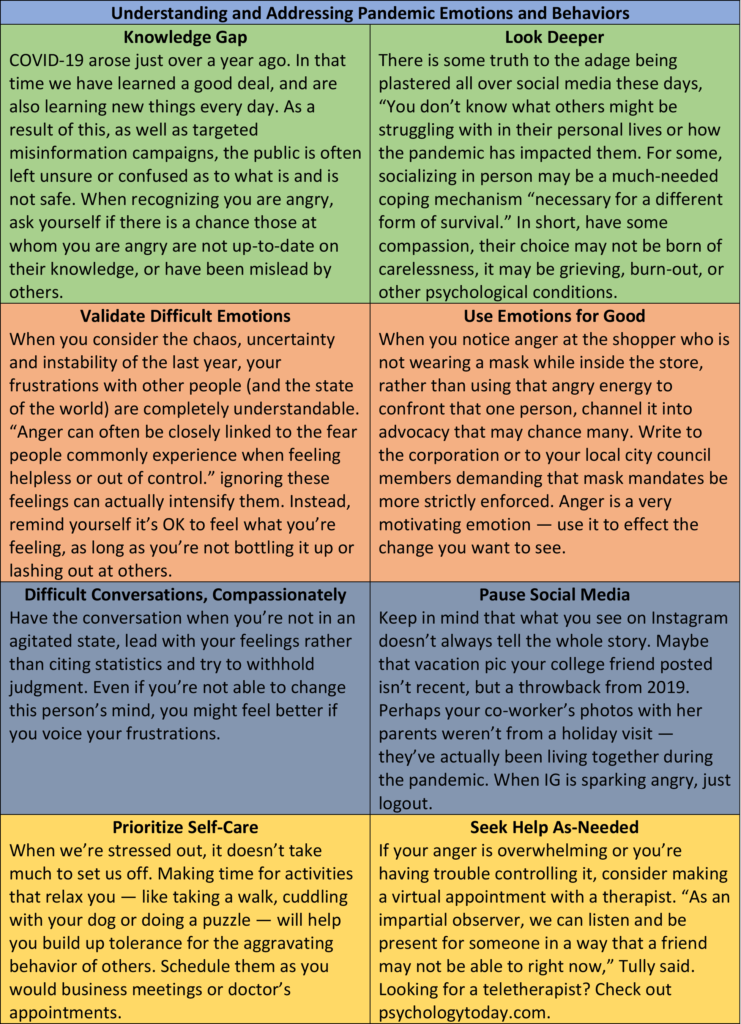Tom Sweitzer knows firsthand how social isolation and loneliness are real side effects of living through a pandemic — just as mental health professionals have warned. After he tested positive for the coronavirus last July and recovered from the worst of his initial symptoms, Sweitzer joined a COVID-19 support group on Facebook to help him deal with the condition’s lingering effects.
As he watched people join “by the hundreds every day,” he decided to start another support group where he could incorporate his skills as a music therapist.
Music therapy treatments, tailored to each patient’s needs, can involve creating, singing, moving to and/or listening to music in ways that have been shown to promote physical and psychological healing. Research has shown the reduction in pain and stress from such treatments can be profound.
Interested in learning more? Visit the full story at https://www.npr.org/sections/health-shots/2021/02/13/965644120/music-therapy-brings-solace-to-covid-19-patients-and-healers.

